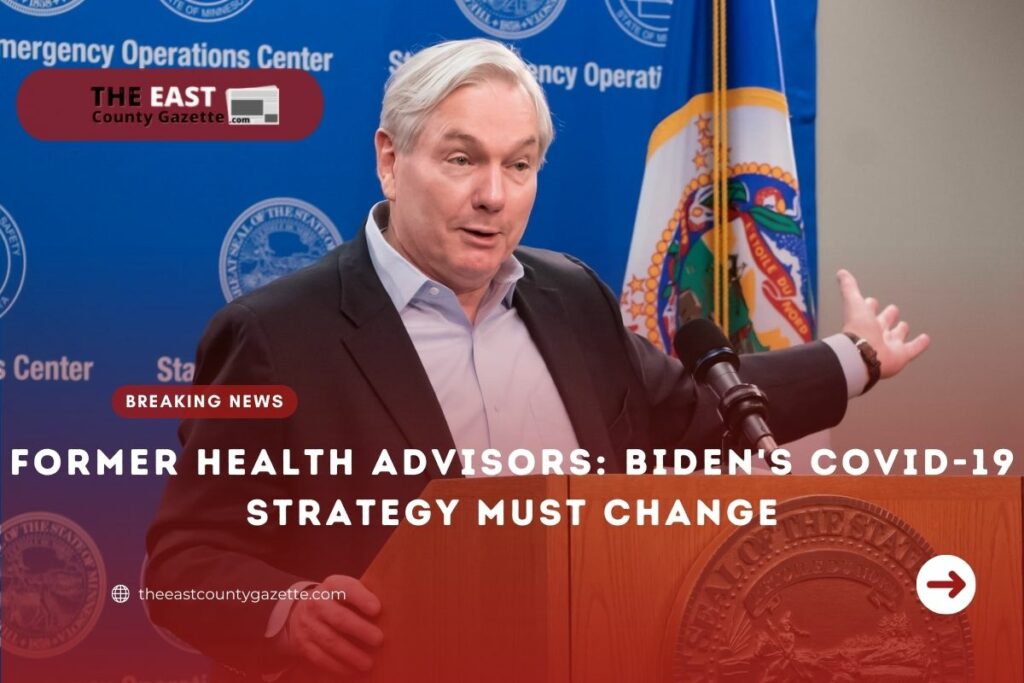Three opinion articles published in the Journal of the American Medical Association by six public health advisers who previously advised President Joe Biden during his transition have urged the president to change course on his COVID-19 response.
Over the past two weeks, America has seen an increase in reported cases of the Omicron variant by 247%.
Teachers in Chicago are taking classes online, restaurateurs in Portland, Oregon, have closed their doors, and Capitol doctors have called for remote work.
According to Newsweek, The Biden’s former advisers, who include Dr. Ezekiel Emanuel; Michael Osterholm; Dr. Celine Gounder; Rick Bright; David Michaels; and Dr. Luciana Borio, recently urged that the United States should redefine the level of risk COVID-19 represents as well as to change its response strategy, as it appears all but likely that the disease is here to stay.
In an article titled, “A National Strategy for the ‘New Normal’ of Life With COVID,” experts recommend updating messaging strategies and embracing COVID-19 as the “new normal.”
“The ‘new normal’ requires recognizing that SARS-CoV-2 is but one of several circulating respiratory viruses that include influenza, respiratory syncytial virus (RSV), and more,” the authors penned.”COVID-19 must now be considered among the risks posed by all respiratory viral illnesses combined.”
Read More: If Your Birthday Falls Within Certain Timeframe, You’ll Get A $1,657 Stimulus Check Soon
Although it is acknowledged that this virus poses a far greater risk than certain other illnesses in the past, the authors point out that, as with flu and RSV, the level of risk COVID-19 poses depends on the location and time of year.
COVID poses a significant risk for the U.S., and the authors suggest that the U.S. develop a modern data infrastructure that will enable officials to monitor the disease more effectively.
They say that combined with an increase in the public health workforce that will enable communities to respond locally, America will be able to “prepare effectively for the future.”
The incidence of SARS-CoV-2, vaccination rates, hospital capacity, tolerance for risk, and willingness to implement different interventions will vary geographically, and national recommendations will need to be adapted locally,” they note.
By investing in permanent health infrastructure to address these issues, the health experts urge the nation to utilize better approach testing, surveillance, and mitigation strategies in the second article.
In the third article, they share new ways that the United States can promote access to COVID-19 treatment therapies by providing oral therapies or offering alternative administration approaches so that vaccination rates can be increased.
Meanwhile, they say, America should keep investing in variant-specific vaccines.”This ‘new normal’ will occur when total respiratory viral infections, hospitalizations, and deaths inclusive of those from COVID-19 are no higher than what typically occurred in the most severe influenza years before the current pandemic,” the authors wrote.”Integral to achieving and sustaining this “new normal” are both faster development and more efficient deployment of vaccines and therapeutics.”

